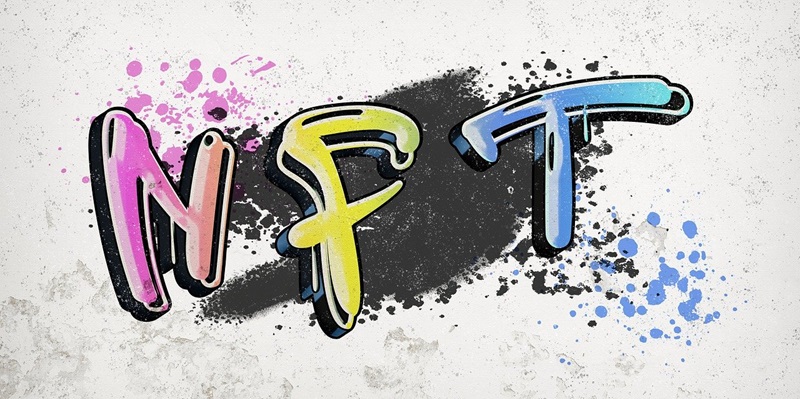The trading volumes of non-fungible tokens (NFTs) have seen a significant decline in recent months, yet they continue to maintain their relevance in the digital asset market. NFTs, which first gained widespread attention as unique digital assets representing ownership of digital or physical items, have experienced a notable downturn in trading activity. According to a recent report by CryptoSlam, July saw a remarkably low trading month, with a monthly volume of only $393 million and an average daily trade dipping below $14 million. This follows an eight-month low in June, where sales volumes dropped to $450 million, levels not witnessed since November 2023. Despite these downward trends, there is a sense of cautious optimism about the future of NFTs, particularly as they relate to emerging Web 3.0 applications.
Declining Volumes and Market Trends
The second quarter of 2024 saw a stark decrease in NFT transactions, with volumes falling by 45% from Q1’s robust $4.1 billion to a much lower $2.24 billion in Q2. Although the start of July initially mirrored this decline with lower volumes, there was a slight revival towards the month’s end. Transaction numbers recorded a 73% rise, growing from 5.7 million in June to 9.9 million in July. This uptick, while modest, has provided a glimmer of hope for those invested in the NFT ecosystem. Market analysts suggest that the declining trend starting from Q2 is not indicative of the overall potential of NFTs but rather a phase of market correction after a period of explosive growth.
This slight increase in transaction volume could also be attributed to new and diversified use cases emerging within the NFT space. While collectible and picture-for-profile (PFP) NFTs have seen a decline in popularity, other sectors are finding innovative ways to incorporate non-fungible tokens. For example, the gaming industry is increasingly integrating NFTs into their ecosystems, offering virtual items and assets that can be owned, traded, and monetized. Though trading volumes remain relatively low compared to their peak, these evolving use cases suggest that NFTs are far from obsolete.
Expert Opinions on the Utility of NFTs
Despite the declining trade volumes, experts remain bullish about the long-term utility and potential of NFTs, particularly within the context of Web 3.0 applications. SuperRare co-founder Jonathan Perkins and CryptoSlam founder Randy Wasinger share a common belief that the fundamental utility of NFTs has not diminished. They argue that while collectible PFP NFTs may not regain their former glory, the core technology behind NFTs will continue to play a critical role in the digital future. Both industry leaders emphasize that NFTs are an essential token standard, one whose full potential is yet to be realized as Web 3.0 continues to evolve.
NFTs offer unique advantages such as provable ownership, the ability to create scarcity, and interoperability across multiple platforms—features that are particularly valuable for developing decentralized applications (dApps). These characteristics make NFTs an ideal component for emerging Web 3.0 applications, aiming to create a more user-centric and decentralized internet. As such, even though trading volumes might not reach their previous highs, the technological foundation of NFTs ensures their continued relevance.
Future Prospects and Evolving Use Cases
Despite the waning trade volumes, experts remain optimistic about the long-term utility and potential of NFTs, especially within the realm of Web 3.0 applications. SuperRare co-founder Jonathan Perkins and CryptoSlam founder Randy Wasinger both assert that the fundamental utility of NFTs remains intact. They argue that while collectible PFP (profile picture) NFTs may never regain their past popularity, the core technology underlying NFTs will continue to play a pivotal role in the digital future. Both industry leaders highlight that NFTs are a crucial token standard, one whose full potential is yet to be unlocked as Web 3.0 advances.
NFTs provide distinct advantages such as verifiable ownership, the capacity to generate scarcity, and interoperability across multiple platforms—traits that are invaluable for developing decentralized applications (dApps). These features make NFTs an ideal element for new Web 3.0 applications aimed at creating a more user-focused and decentralized internet. Therefore, even though trading volumes may never hit previous peaks, the technological groundwork of NFTs ensures their ongoing relevance in the digital landscape.

